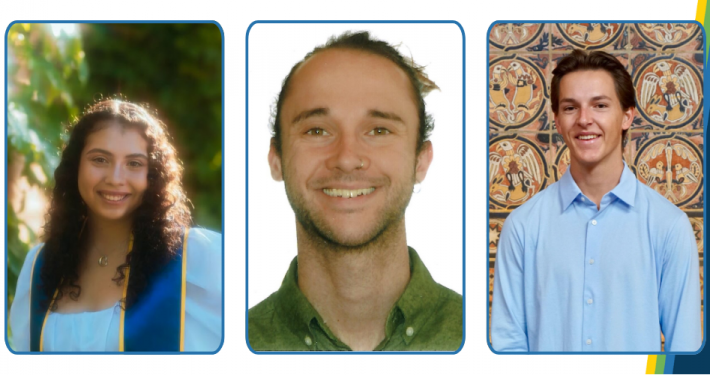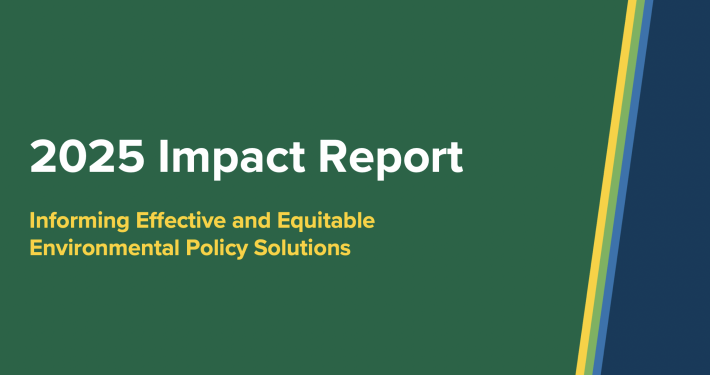April 29, 2025
UCLA Luskin Summit 2025: A Vision for Equitable Recovery After the L.A. Fires
Experts and changemakers explore pathways to equitable and resilient rebuilding in the wake of disaster
April 29, 2025
Experts and changemakers explore pathways to equitable and resilient rebuilding in the wake of disaster
Credit: Stan Paul
In the aftermath of the devastating 2025 Los Angeles wildfires, the UCLA Luskin Summit brought together researchers, advocates, and community leaders to chart a path toward recovery that is not only resilient but also equitable. Hosted by the UCLA Luskin School of Public Affairs, the summit offered bold visions and grounded strategies to address intersecting challenges — from housing and public health to clean energy and civic leadership — in the wake of disaster.
This is more than a summit — it’s a space for shared learning across sectors. The Luskin Center for Innovation and other parts of the Luskin School organized sessions at the summit to advance policy solutions that center research findings along with the people and places most affected by climate-driven disasters.
“We are rebuilding in a moment of overlapping crises,” added Colleen Callahan, co-executive director of the UCLA Luskin Center for Innovation. “This year’s summit is about catalyzing ideas that meet the urgency of the post-fire recovery — rooted in equity, informed by community, and guided by research.”
The summit hosted eight breakout discussions, all of which were recorded:
The summit concluded with reflections on how cross-sector collaboration and long-term vision can drive recovery and transformation. This session emphasized unity and urgency in building an inclusive and climate-ready future.
Get our latest research in your inbox.
 The Luskin Center for Innovation welcomes new doctoral researchers
The Luskin Center for Innovation welcomes new doctoral researchers
Learn more about their interests and work.
 UCLA Luskin Center for Innovation 2025 Impact Report
UCLA Luskin Center for Innovation 2025 Impact Report
Informing effective and equitable environmental policy solutions.
 Urban wildfire: water system capacities and limitations
Urban wildfire: water system capacities and limitations
Researchers convene statewide experts to assess firefighting capacity, infrastructure gaps, and policy solutions.

 UCLA Luskin Center for Innovation to guide the City of L.A.’s efforts to advance...
UCLA Luskin Center for Innovation to guide the City of L.A.’s efforts to advance...